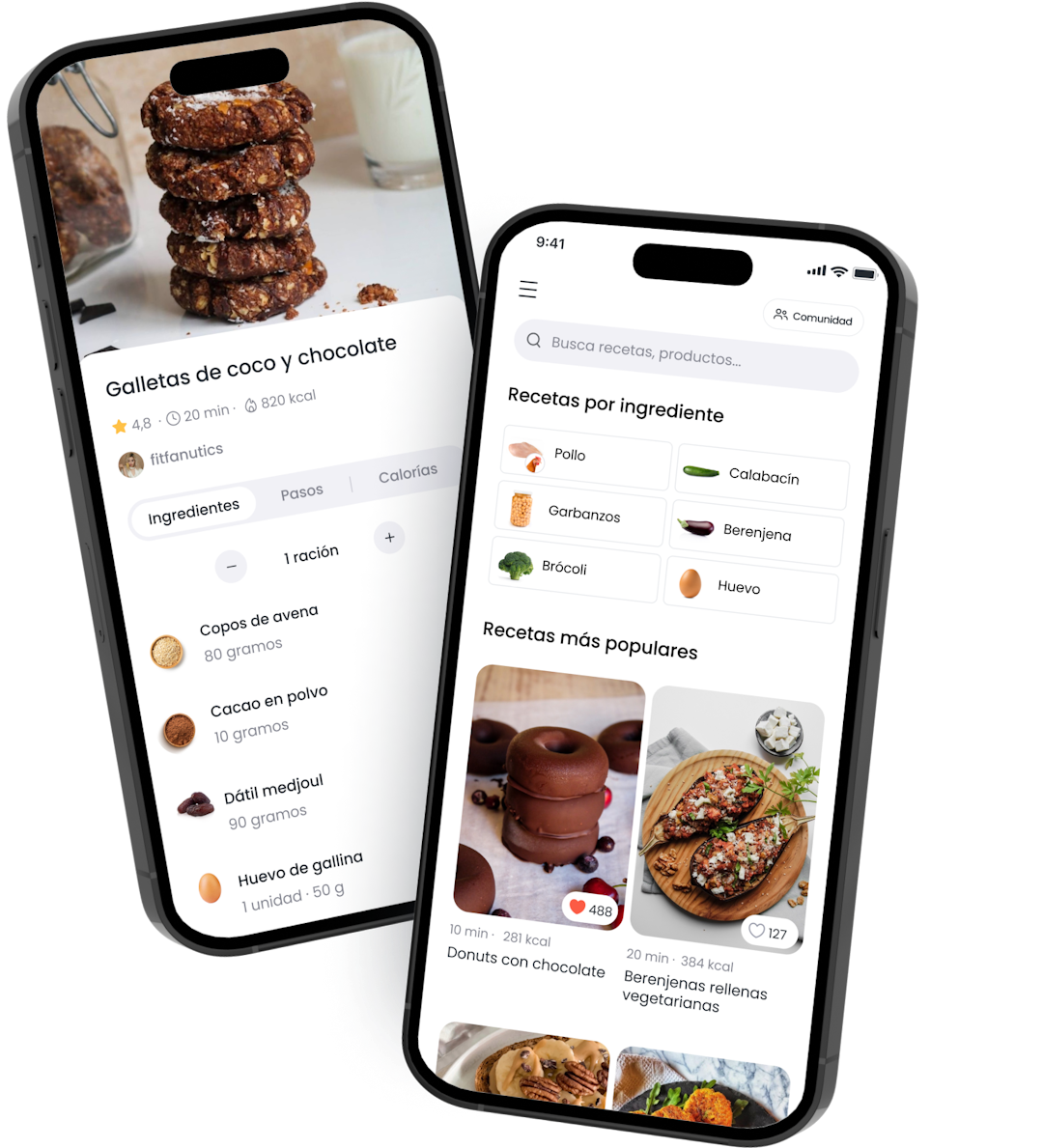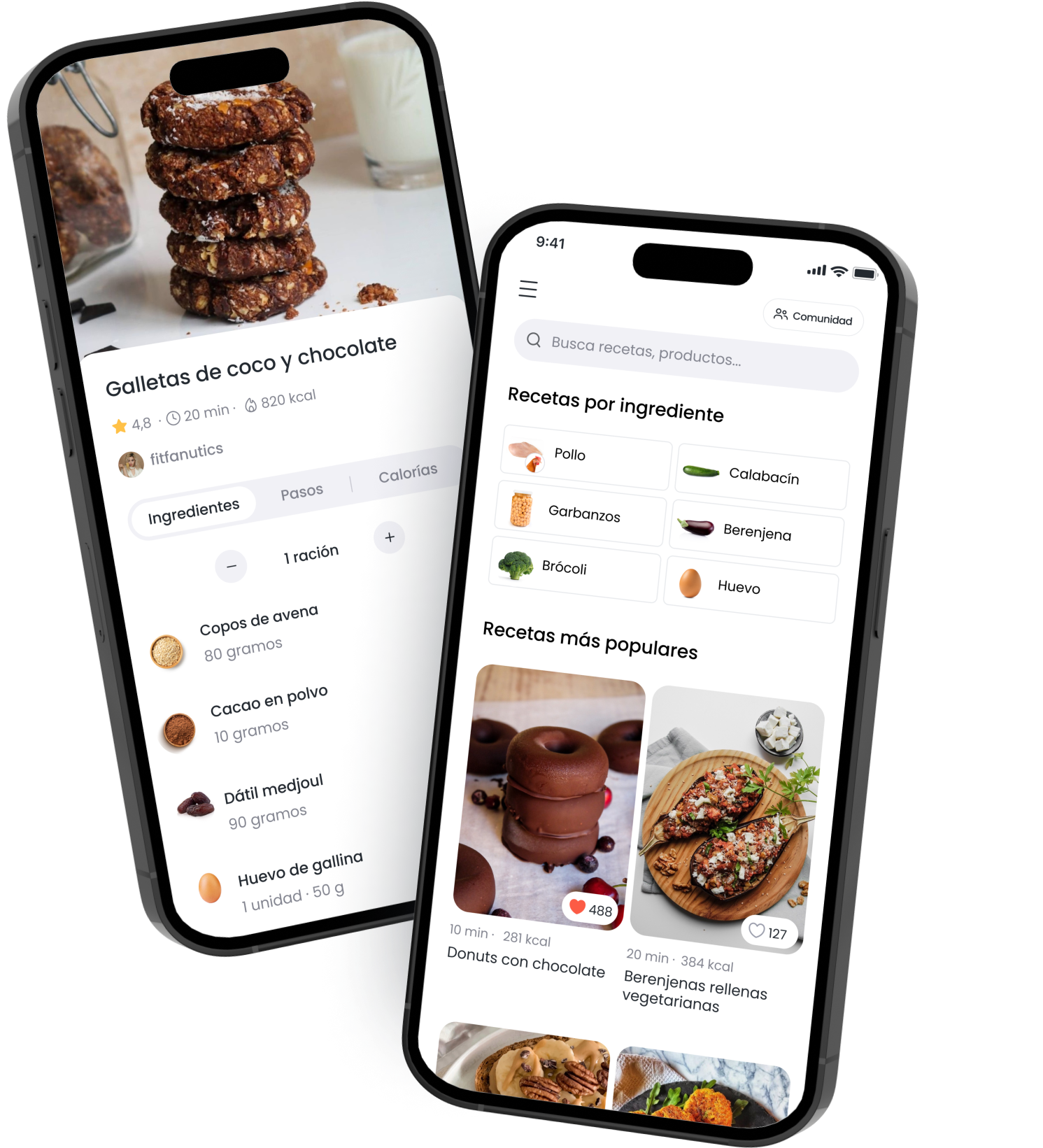Why you shouldn't leave milk out of the fridge (and not in the door, either)

3 minutos de lectura · 20 Mar 2024

How long can cow's milk be left out of the refrigerator?
That's a short answer: about two hours. But it's not an absolute rule. There are many factors that can influence how long your milk lasts, since our food contains microbes. Some are good, such as bacteria that aid in digestion, and others are the cause of foodborne illness. Dairy products are especially sensitive and have risks when left out of the fridge because some harmful bacteria prefer dairy. The four main culprits are E. coli, Salmonella, Campylobacter and Listeria. All of these strains can cause truly dangerous symptoms of food poisoning that, in some cases, may require hospitalization.
Another factor is whether or not the milk container has already been opened. Manufacturers take this into account and take precautions to ensure that both the container and the milk are as clean as possible. Although it is not possible to completely eliminate all bacteria from the inside and outside of a milk carton, keeping it sealed minimizes that amount. Once the seal is broken, more and more bacteria are introduced, some of which can be dangerous. Keeping milk cold ensures that those harmful bacteria don't have a chance to multiply to the point of making you sick. And a quick storage tip: **never store it in the refrigerator door; it's the warmest spot and can cause your milk to spoil faster.

Lactococci and lactobacilli are two strains of bacteria often found in dairy products. They convert the natural sugars found in milk into lactic acid. Everyone who has ever added lemon or vinegar to milk knows (i.e., made buttermilk) that the acid causes the milk to curdle. Both lactococci and lactobacilli begin to multiply at an incredibly rapid rate within the danger zone, accelerating that natural rate of breakdown that occurs in the milk product. With the conversion process, we all know sour milk, that's the time when it gives off a very strong odor as a byproduct. Although it may seem ironic, in a controlled environment, these bacteria are purposely used for milk coagulation in the production of cheese and other probiotic products.
Now, you might be thinking, "I leave dairy products out on the counter a lot" Unfortunately, it only takes one disturbance of bacteria to affect your digestive health. Food poisoning and foodborne illness are far more common than we probably realize.
What happens if almond drink if left out of the fridge?
Just like cow's milk, almond drink can be damaged if left out. Again, the general rule of about two hours applies, although the potential signs of spoilage and the outcome may be different. Almond drink is often packaged in rectangular-shaped cartons, labeled "shelf-stable." This gives the impression that it can be stored in the pantry, but once opened, these containers should be stored in the refrigerator. This also applies to cartons of almond drink sold from the refrigerated section. Also, unlike cow's milk, there is no strong odor. Especially with cartons that are on the shelf, you should look at the condition of the carton. When it starts to be loose or swollen in any way, it's an indication of excessive gas production during the decomposition process; so it's time to throw it out. You'll really know when your almond drink is spoiled by slimy or lumpy lumps and any change in texture.
In general, almond drink contains fewer types of dangerous bacteria compared to cow's milk, but there is still danger, especially when considering Campylobacter and E. coli.
What happens to oat drink if it is left out of the refrigerator?
Oat drink tends to have a shorter shelf life than other non-dairy milks, even when stored safely. This means that the spoilage process may have already begun once you leave oat drink out for some time. Some brands of oat drink begin to spoil after only four days of being opened in a refrigerator. Bacteria can double in as little as 20 minutes in a danger zone, so if larger amounts are already present, that number can increase very quickly and become dangerous. With all other refrigerated foods, better safe than sorry. And, when in doubt, it's best to throw it out.
¡Descubre miles de recetas saludables gratis en la App!
Descarga MyRealFood Gratis 🚀

